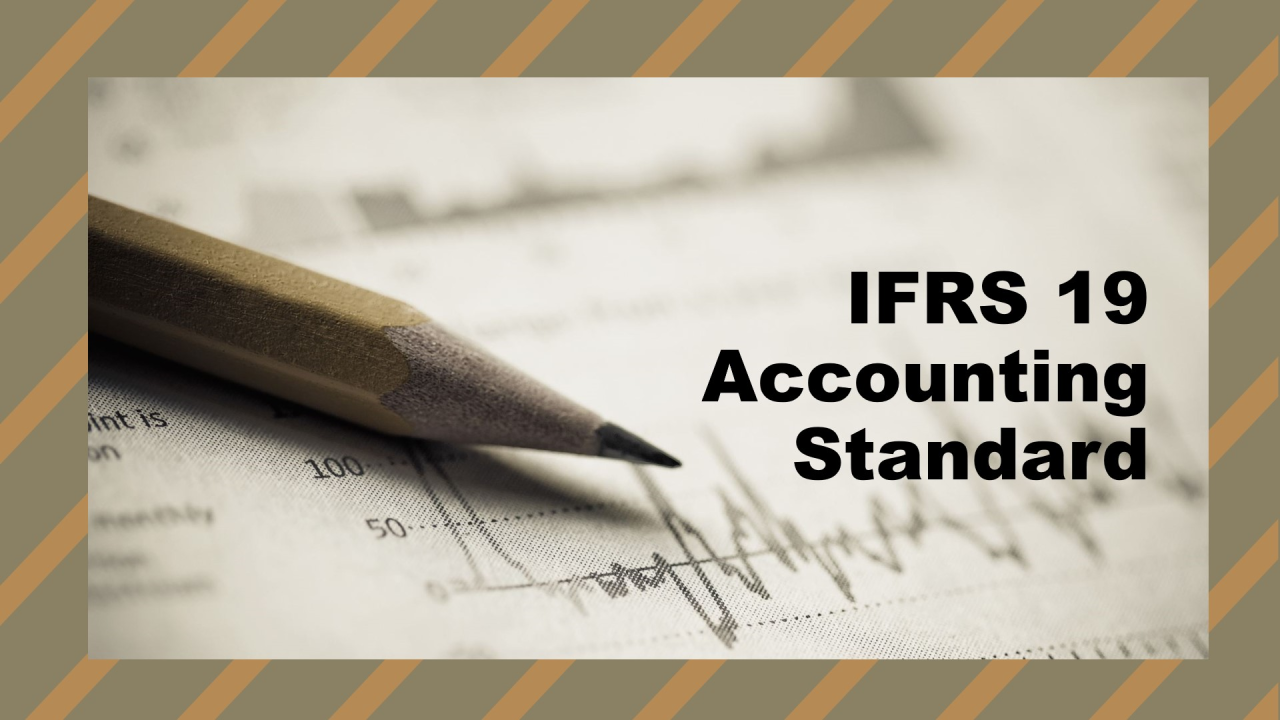The International Financial Reporting Standards (IFRS) continue to evolve, with IFRS 19 being the latest addition issued in May 2024. Unlike its predecessors, IFRS 19 is a disclosure-only standard that promises to revolutionize the way organisations approach financial reporting. This controversial standard is set to both simplify and complicate financial disclosures, depending on whom you ask.
The Promise of Simplification – But At What Cost?
IFRS 19 arises from the demand for reduced disclosure requirements for certain subsidiaries that meet specific eligibility criteria. This move is aimed at ensuring that eligible subsidiaries provide information proportional to the needs of the users of their financial statements. The idea is simple: cut the clutter and focus on what’s truly essential. However, this reduction in disclosure has raised eyebrows among some financial purists who fear it might lead to less transparency.
Effective Date and Early Adoption – A Double-Edged Sword?
The new standard becomes effective for reporting periods beginning on or after January 1, 2027, with the option for earlier application. For many organisations, this could mean a welcome reprieve from the intricate web of current disclosure requirements. Early adopters might benefit from streamlined reporting systems and processes, but critics argue that rushing into adoption without fully understanding the implications could lead to significant compliance risks.
Voluntary Yet Influential – Who Stands to Gain?
IFRS 19 is voluntary for eligible subsidiaries without public accountability, provided their parent companies produce consolidated financial statements compliant with IFRS standards. This seems like a win-win for subsidiaries that dread the onerous disclosure requirements. Yet, the question remains: will this selective transparency undermine the comprehensive nature of financial reporting?
A Simplified Approach or a Shortcut?
By leveraging principles from the IFRS for SMEs, the IASB aims to make IFRS 19 efficient and accessible. This alignment with SME standards is seen by some as a pragmatic approach, while others view it as a shortcut that might dilute the rigor of financial disclosures. The fear is that this simplification could mask critical financial details, making it harder for stakeholders to get a true picture of a company’s financial health.
Reduced Complexity – A Welcome Change or a Slippery Slope?
IFRS 19 is designed to alleviate the complexities faced by groups with subsidiaries reporting under local GAAP or IFRS for SMEs. For many, this reduction in complexity is a breath of fresh air. However, detractors warn that this might be the start of a slippery slope towards less stringent financial reporting, potentially opening the door to financial obfuscation.
Stakeholder Reactions – Cheers and Jeers
Stakeholder feedback indicates that some standards’ disclosure requirements under IFRS 19 could be reduced by as much as 68%. This significant reduction is hailed as a victory for preparers and users of financial statements. Yet, there is a vocal minority concerned that this could lead to a decline in the quality of financial information, ultimately eroding trust in financial reports.
The Balancing Act – Transparency vs. Efficiency
The introduction of IFRS 19 underscores the delicate balance between transparency and efficiency in financial reporting. While the standard aims to streamline disclosures and make financial reporting more efficient, it also sparks a debate on whether this efficiency comes at the expense of transparency.
Conclusion
IFRS 19 is set to shake up the world of financial reporting. It offers a path to simplified and more focused financial disclosures, but not without controversy. As organisations navigate this new standard, they must weigh the benefits of reduced complexity against the potential risks of diminished transparency. The financial world will be watching closely as IFRS 19 takes effect, ready to judge whether this bold move by the IASB will indeed improve financial reporting or lead it down a murkier path.
Muzammal Rahim Khan is the CEO and Co-Founder of FineIT, bringing over 15 years of expertise in software development, implementation, and technical consulting across global markets including the U.S., U.K., Europe, Africa, and Asia. He has led the design and delivery of enterprise-grade solutions that modernize compliance, risk management, and financial reporting for banks and financial institutions. Under his leadership, FineIT has built flagship platforms such as Estimator9 (IFRS 9) and ContractHive (IFRS 16), empowering clients with automation, accuracy, and audit-ready confidence. Muzammal combines deep technical knowledge with strategic vision, driving innovation that bridges regulatory requirements with practical, scalable technology. His focus remains on building resilient, future-ready solutions that strengthen trust and efficiency in financial services.
